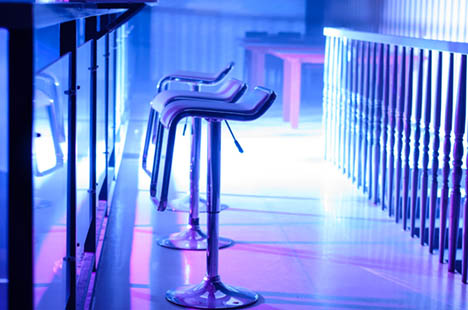Bars struggle with regulations

Regulations in New South Wales and South Australia are stopping bars from building their business.
In New South Wales, lockout laws and a change in the legislation are hurting profitability by stopping people from dropping in.
"At peak times on a Friday and Saturday night when you are restricted to having only 60 guests in your venue, there is only so much revenue that can be made selling drinks and food, especially when you are adhering to the your Responsible Service of Alcohol obligations," Luke Ashton, co-founder of This Must be the Place and 2013 Diageo World Class Bartender of the Year, told the Sydney Morning Herald.
"There are some operators that are doing well and others who aren't, but all of them would agree there has been a dramatic drop in number of people since the lockouts were introduced."
A small bar liquor licence under the Liquor Act 2007, introduced by the New South Wales government in 2013 to encourage more diverse night-time entertainment options, will be reviewed. At the moment, there are 50 small bars in New South Wales operating under this licence which restricts patronage to 60 people.
While there’s a lot of interest from eager bar entrepreneurs, the lockout laws are having an impact.
"The small bar culture in Sydney was and still is profitable but honestly not at the level it was before," Martin O'Sullivan, owner of Grasshopper in the Sydney CBD told the Sydney Morning Herald "This is mainly due to lockout laws, greater compliance costs and rising Sydney commercial property rates."
Meanwhile, the Anderson Liquor Licensing Review released by the South Australian government last week endorsing an expansion of small bar licences from the CBD into North Adelaide has been criticised by the Local Government Association.
The Local Government Association says it doesn’t go far enough: it’s too geographically limited.
“Expanding small bars into suburban centres and tourist regions would give these areas a chance to develop a more vibrant night-time economy,” LGA president mayor Dave Burgess told InDaily.
“There are several areas with an established or growing night-time economy, such as main street precincts and regional tourism centres, that would benefit both economically and socially by catering for a more diverse market, and replicating the success that has been experienced in the Adelaide CBD.
“Expanding the scope of the small-venue licences would also support the state’s economic priority related to premium food and wine, and generate tourism benefits for regional areas.
“While we appreciate that small bars can currently be established outside of the CBD by applying for a different category of licence, the time and costs required are a barrier and disincentive to entrepreneurial thinking and start-up businesses.”
by Leon Gettler, 4th August 2016







